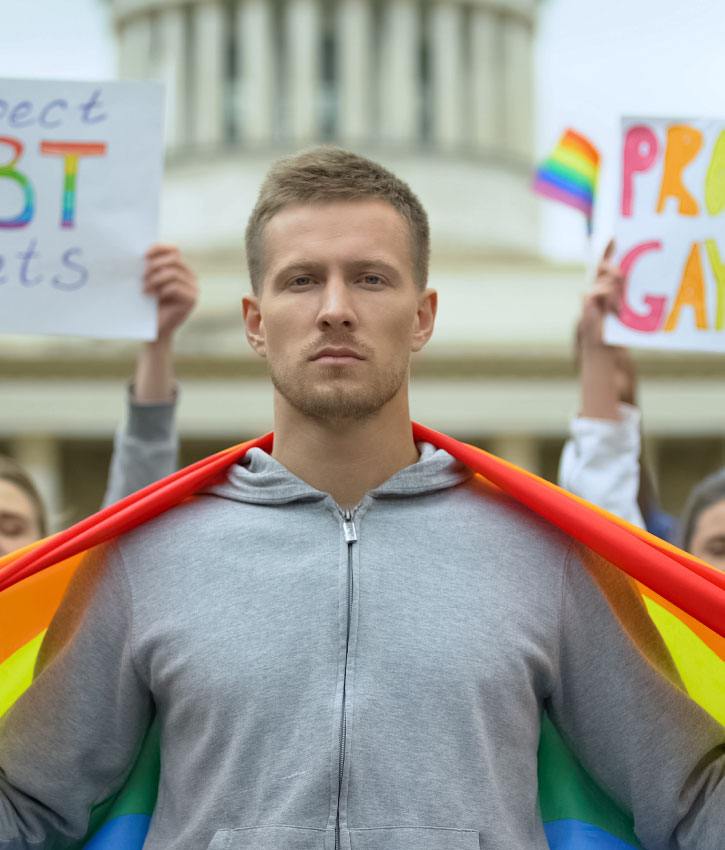FEDERAL LAW BANS DISCRIMINATION ON THE BASIS OF SEXUAL ORIENTATION
LGBTQ Discrimination
As of June 15, 2020, the Supreme Court has ruled that the federal law that bans gender discrimination in the workplace also protect against discrimination on the basis of sexual orientation and gender identity. Prior to this decision, there was no federal law that directly prohibited LGBTQ discrimination, although many states, cities and other jurisdictions (Washington DC, Guam and Puerto Rico) in the United States passed laws banning sexual orientation and/or gender identity discrimination in the workplace.
The decision protects against two types of discrimination: sexual orientation (lesbian, gay, bisexual/pansexual) and gender identity (transgender, non-binary). The Court ruled that the Civil Rights Act of 1964 protects LGBTQ individuals because discrimination against LGBTQ individuals necessarily involves discrimination on the basis of sex. An employer who fires an employee being gay or transgender believes that a man or a woman should act and present themselves in a certain, traditional way. In other words, the Court explained, a man who was fired to being married to a man is experiencing gender discrimination because a woman would not be fired for being married to a man.
A NEW LAW
What does the future hold?
Since the Supreme Court decision, available to read here, in Bostock v. Clayton County is quite new, it is not clear how Congress, the executive branch, or state legislatures will respond, or if they will be able to pass any laws to limit the decision. It is also not clear how this law would apply to other queer identities or people in other non-traditional relationships.
If you think you have experienced LGBTQ discrimination at the workplace, you should contact employment attorneys with experience handling discrimination. The attorneys at Pelton Graham are experienced in advocating for clients who have experienced discrimination. We are happy to talk with you and answer any questions about discrimination. Consultations are free, and as contingency fee attorneys, we do not get paid unless we recover for you.

Answers to Your Questions About LGBTQ Discrimination
We’re Here to Help
You should contact an attorney experienced in handling employment discrimination matters to discuss your personal situation and discover what claims you may have. The attorneys at Pelton Graham are experienced at advocating for clients who have experienced LGBTQ discrimination and are happy to talk with you about your experience. Consultations are free, and as contingency fee attorneys, we do not get paid unless we recover for you.
See also:
- Freedom for All Americans, state-by-state map of LGBTQ discrimination protections
Please note that the 2020 Supreme Court decision outlawed LGBTQ discrimination in all states, but other protections based on relationship status may still differ.
